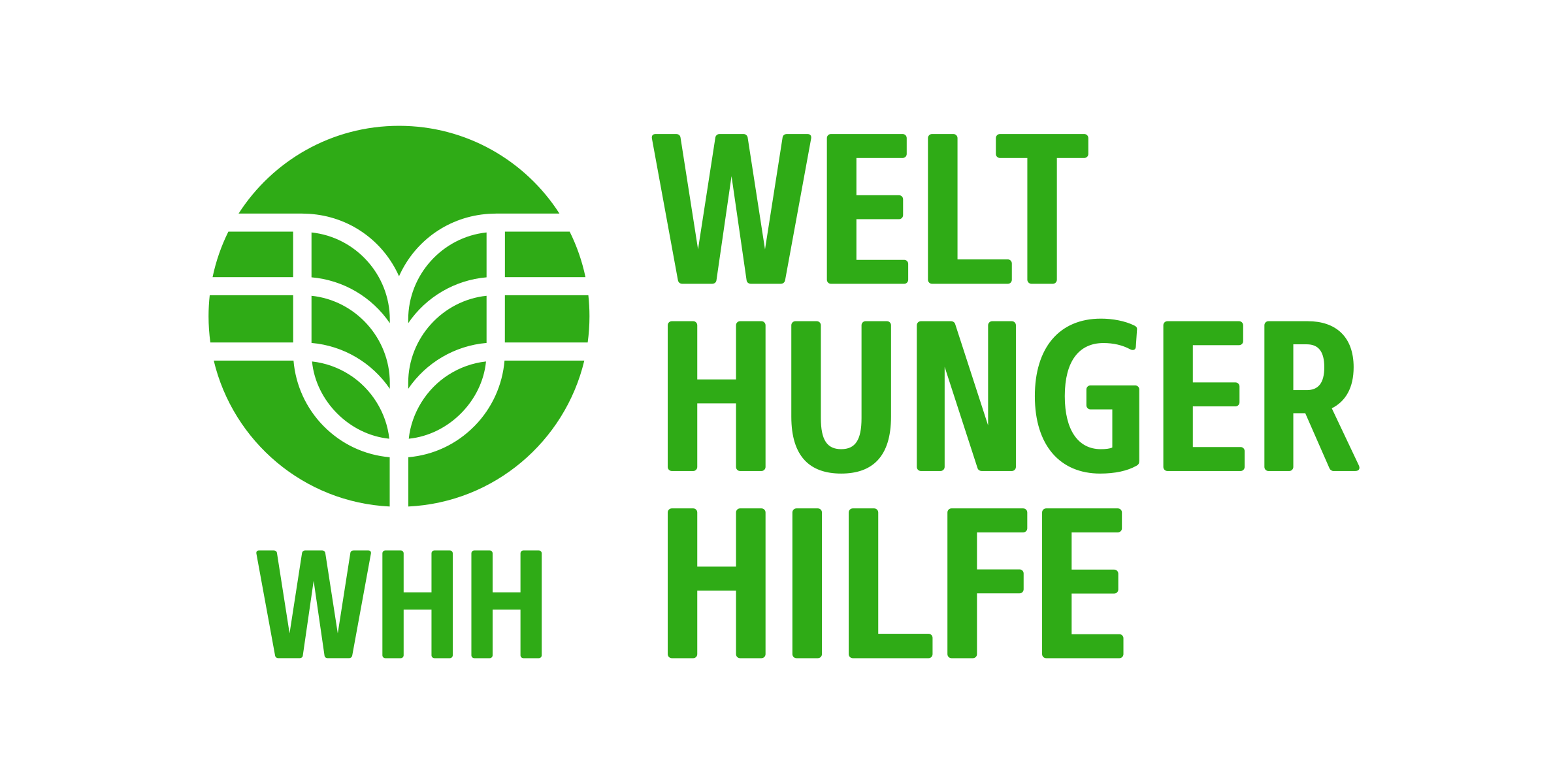The South Asian Association for Regional Cooperation (SAARC) along with Welthungerhilfe (WHH) is pleased to announce the hosting of a Regional Consultation Meeting focused on “Promoting Nutrition Sensitive Agriculture for Improving Nutrition Security and Health of Smallholders in South Asia.” This significant event will convene key stakeholders to collectively address the pressing issues of nutrition and health in the region, with a specific emphasis on smallholder farmers. Covering approximately 24 percent of the global population within just three percent of the world’s landmass, the South Asian region faces the highest population density worldwide. With around 67 percent of the population residing in rural areas and depending on agriculture, fisheries, and forest products for their livelihoods, the region continues to confront the challenge of undernutrition. While progress has been made in recent years, the prevalence of undernourishment remains significant, impacting an estimated 267m individuals. According to the Global Hunger Index, South Asia has the world’s highest hunger level, including the highest child stunting rate, and by far the highest child wasting rate of any world region. Recognizing the critical importance of achieving the Sustainable Development Goals (SDGs), with a particular focus on SDG II aimed at ending hunger, the SAARC Agriculture Vision 2020 underscores the need for food and nutrition security in the region. In response to this imperative, the upcoming regional consultation meeting will adopt a targeted approach, establishing a connection between agriculture, nutrition, and health. By promoting nutrition-sensitive agriculture, stakeholders aim to improve the nutrition and health outcomes of smallholder farmers, as well as consumers. The Nutrition Smart Community, demonstrated by Welthungerhilfe (WHH) aims to address malnutrition, with a particular focus on children under five years of age and women of reproductive age, by employing a comprehensive approach that involves multiple sectors and stakeholders. This approach encompasses integrated farming systems, which connect agriculture and natural resource management to ensure nutrition security. Additionally, the initiative focuses on institution building, nutrition education, nutrition-sensitive village micro-planning and access to government’s food and nutrition programs. Implemented across roughly 260 villages in vulnerable regions of Bangladesh, India, and Nepal, the Nutrition Smart Community project operates under the larger initiative called the “Regional Program for Promoting a Multisectoral Approach for Nutrition Smart Villages in Bangladesh, Nepal, and India.” The meeting is expected to yield several outputs, including an analysis of nutritional status at the country level, identification of key measures relevant to nutrition-sensitive agriculture, exploration of opportunities for promoting and expanding nutrition-sensitive agriculture in the region, and the publication of a comprehensive book capturing the findings and recommendations. About 30-35 participants, including high-profile dignitaries, representatives from SAARC member countries, Government officials from Bangladesh, India, and Nepal along with personnel from Welthungerhilfe (WHH) and its collaborative partners will take part in the workshop. During the workshop, seven SAARC countries will present their country’s situation focusing on the specific thematic areas along with learning and experiences from WHH Nutrition Smart Communities in Bangladesh, India and Nepal. Moreover, there will be informative keynote presentations focusing on the transformation of food systems and nutrition, as well as an overview of the status of child nutrition in South Asia during the ongoing global crisis. Welthungerhilfe, a prominent development partner, has joined hands with SAARC to support and contribute to the Regional Consultation Meeting. This partnership exemplifies the importance of collaboration among various stakeholders, including governments, private sectors, international communities, cooperatives, farmers and civil societies, to tackle the issue of nutrition and health in the region.











